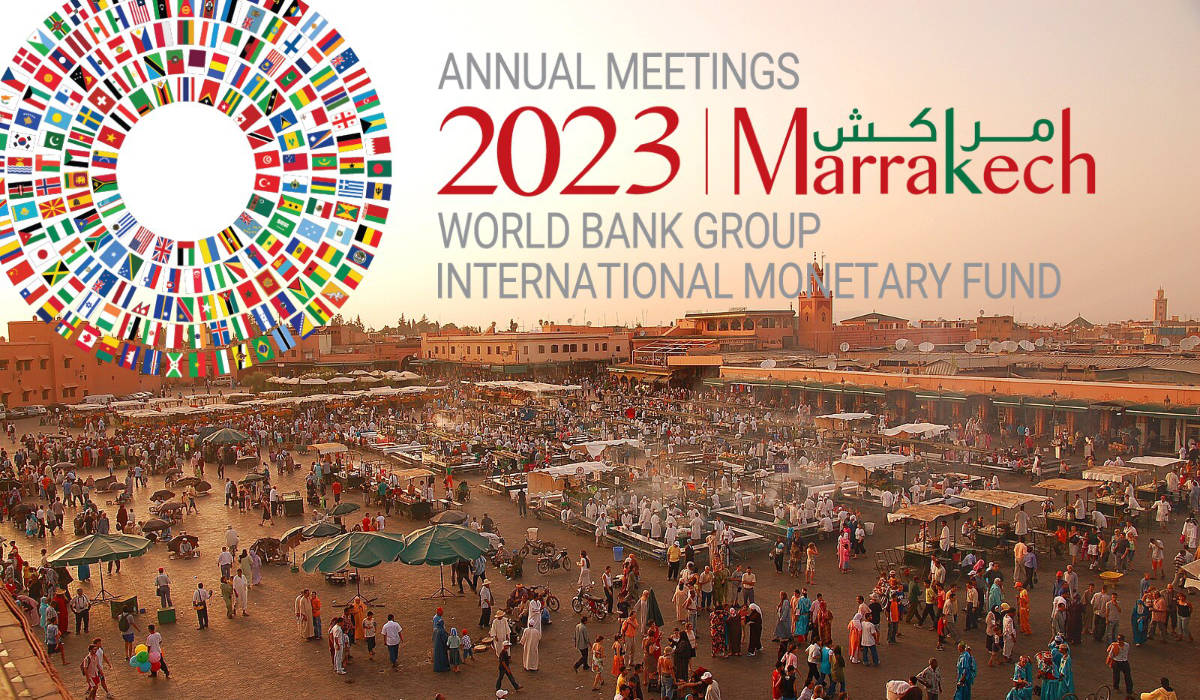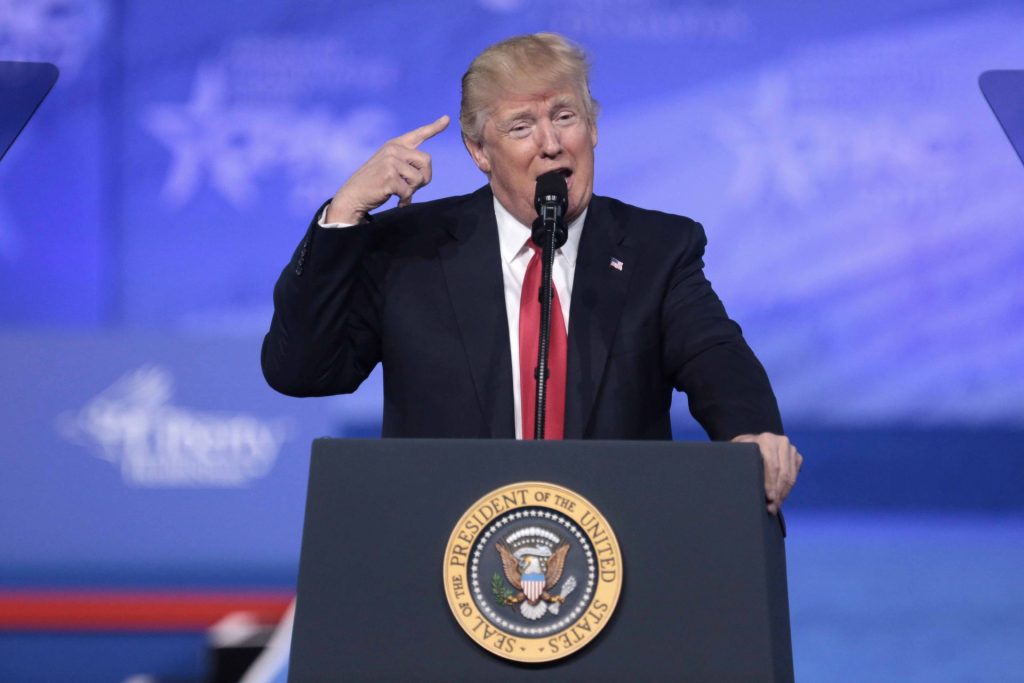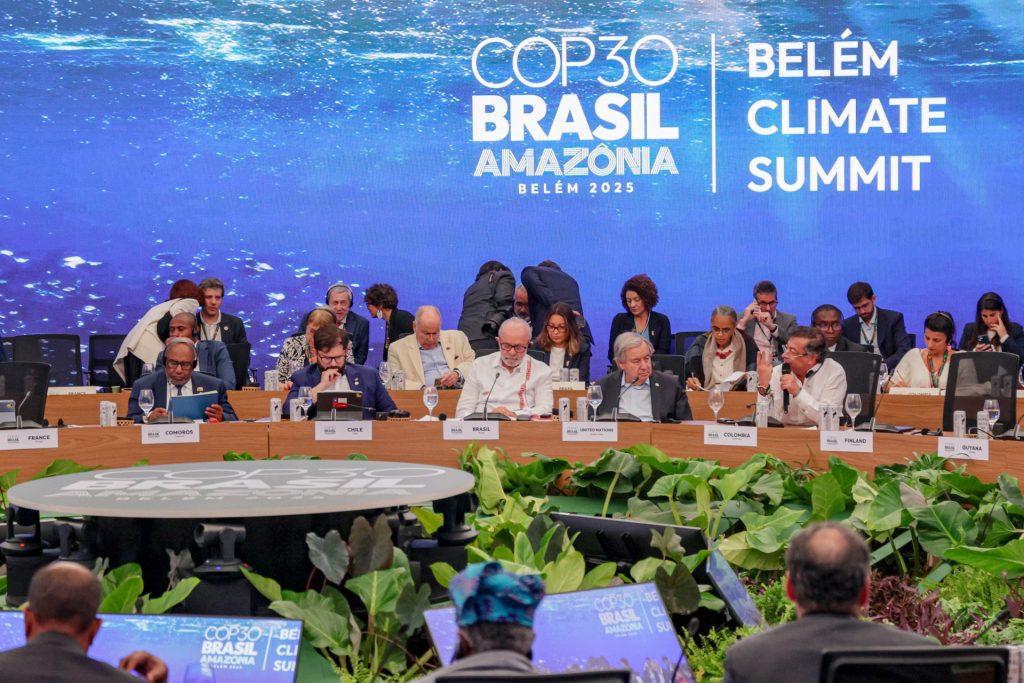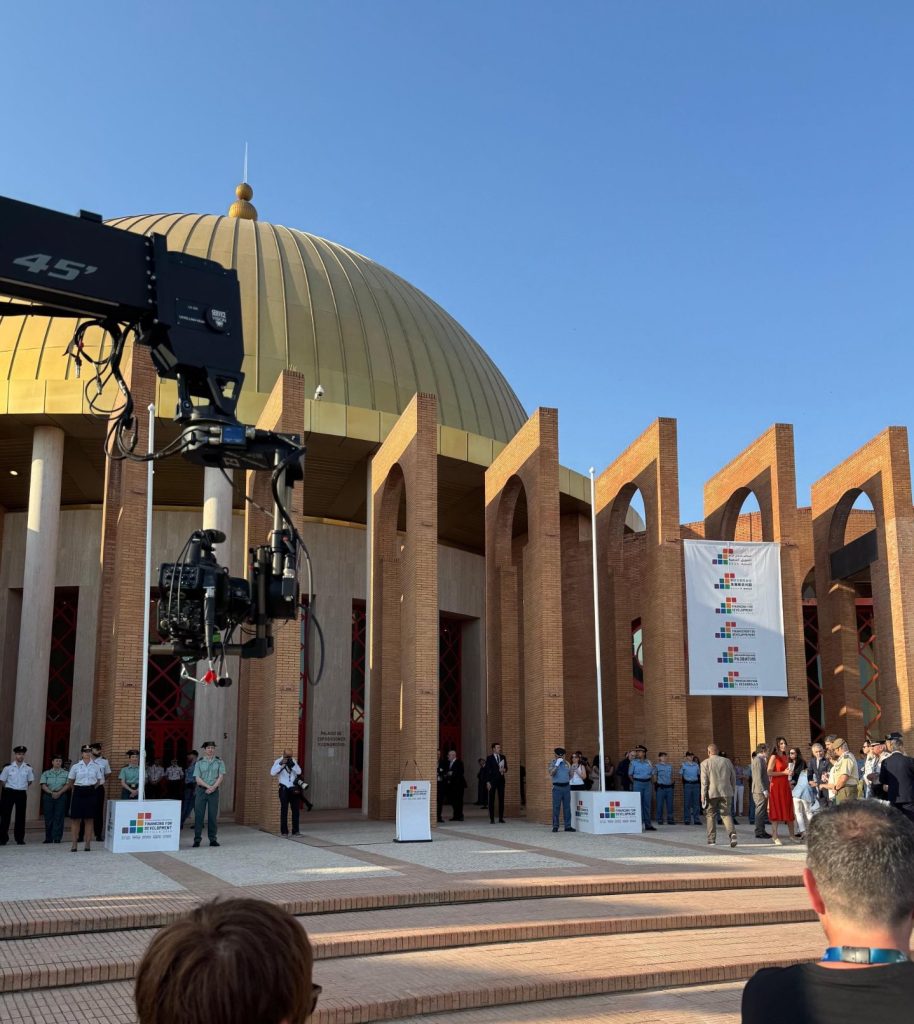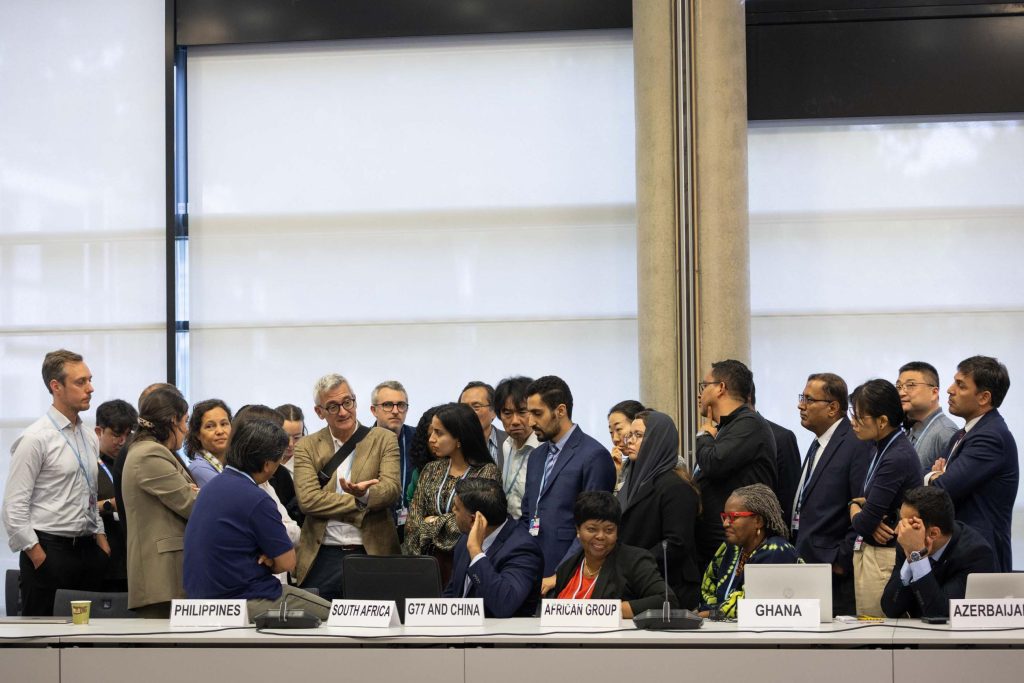All eyes will be on the IMF and World Bank whose shareholders gather in Marrakech for their Annual Meetings between 9 and 15 October 2023. Although constituted by States, neither of these bodies are themselves state actors and are not party to conventions like the Paris Agreement and UNFCCC. To the frustration of some, this has led to outcomes documents like the those stemming from COP27 last year, the Paris Summit for a New Financing Pact, the African Climate Summit, and the Bonn intersessionals calling on and urging shareholders to reform their practices and priorities, scale funding, improve access procedures and pursue a new vision that is fit for purpose in responding to climate change. At this year’s general meeting, many will be looking to see if IMF and World Bank shareholders have the appetite to deliver on these reforms.
Earlier this year, in April at the World Bank and IMF Spring Meetings, shareholders endorsed measures meant to expand lending by $50 billion over the next 10 years through increased leverage, by effectively doing more with the money it already has. This hasn’t been formally approved yet and will come up for approval in October’s meetings. The decision relates to one of the bigger questions at this year’s meeting: will the largest shareholders put in more capital to enable the bank to lend more for the climate? Many, such as the US have been reluctant to do so, but the concern is that without a fresh input of capital, the Bank will be forced to make trade-offs between lending for climate or lending for poverty, leading to discussions around the need for capital injections of up to $200 billion. There have also been calls to reform the bank’s risk tolerance, and the need to optimise its low income lending arm, the International Development Association (IDA). The Bank is also working on an Evolution Roadmap, which is intended to guide shareholder discussions and build a consensus around reforms to its vision, mission, operating model and financial capacity model at this year’s annual meeting in October.
But reforms go beyond just injecting more capital into the Bank and the reforms in the Evolution Roadmap. In a detailed exposition of the changes African countries are looking to see across the global financial system, a new report by the African Climate Foundation paints a varied and complex landscape. In respect of the World Bank it affirms the importance of making food security, water, and energy access as Global Public Goods, which benefit from additional concessional resources. Operationally, it calls for more streamlined procedures to ensure funds are dispersed more quickly. In order to ensure country ownership it argues for the need to anchor World Bank supported Country programs in Country Partnership Frameworks. On finance, it points to the need for additional concessionality and new financial instruments within the Bank, particularly non-debt instruments, policy-based guarantees, and options that do not require sovereign guarantees to lower the cost of finance. It points out that the Bank should also be building an asset base of at least $1 trillion by 2030, which is to be blended with private finance, and to focus on adaptation investments.
Dealing with debt will also remain a pressing concern at this year’s meetings. During the April Spring Meetings, the Global Sovereign Debt Roundtable (chaired by the IMF, World Bank and G20) brought together major creditors and debtor nations. China was looking to see the World Bank also take a haircut in any debt relief deals. In return for walking back that demand the World Bank plans to use its IDA fund to offer more concessional lending and grants to low income nations. In October the IMF’s Debt Roundtable will meet again, to talk about risks around local debt restructuring, and how to accelerate the debt restructuring process. But more than a roundtable is needed, according to the African Climate Foundation. When it comes to the IMF at least, the report argues that African countries are looking to the IMF to accelerate its faster progress on the reform of its Special Drawing Rights (SDR) system, so that these reallocated funds can be used to free up African fiscal space to spend on climate, amongst other pressing concerns. In particular there is a desire to see SDRs channelled through the African Development Bank (AfDB). Additionally the IMF, should be suspending its surcharges and increase the flexibility, eligibility, and qualification criteria of its Resilience and Sustainability Trust (a new fund for developing countries to tap into for climate change) to make these additional resources more accessible to all developing countries. Considerable work also needs to be done to enhance the IMF’s debt sustainability analysis, including by addressing its risk bias and relevance for climate.
The report, which is built upon policy and reform proposals from African leaders, highlights the many detailed reforms that the IMF and World Bank should be looking to ahead of their annual meetings. While considerable progress has been made by both institutions in the past two years in seeking to realign their positioning and responses to address climate, the strength of these measures entails going beyond broad measures such as new funds and capital injections, but into much finer refinements across their entire portfolios and processes. It is unsurprising that, in this context, some have expressed disbelief that the Bretton Woods institutions are up for the task of transforming to this extent, and have called for entirely new institutions, for example Ruto’s proposed Global Green Bank. To forestall this, and prove their relevance and adaptability, IMF and World Bank shareholders will need to make meaningful progress on all fronts in October, and demonstrate that they can be fit for purpose in a rapidly changing world.

